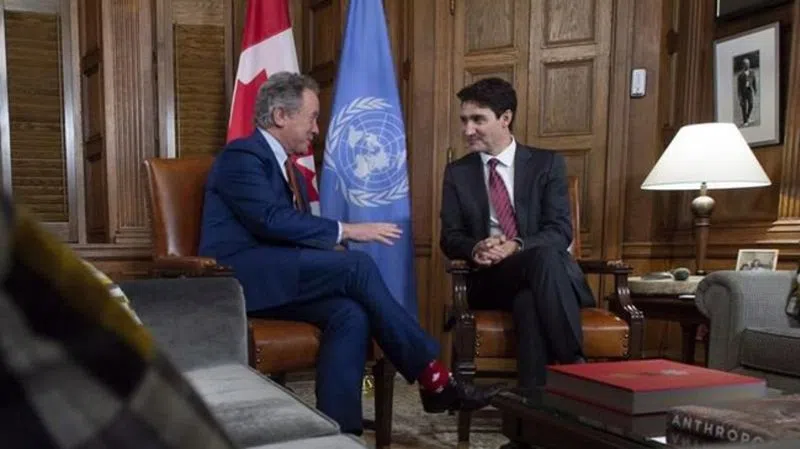
Rome-based UN food agency grapples with Italian coronavirus lockdown
OTTAWA — These days, no roads lead to Rome for David Beasley.
The executive director of the United Nations World Food Program made that clear on a trip to Ottawa this week, where he was trying to raise money, testify before Parliament, cut the ribbon on a new branch office, and thank Canadians for helping his agency feed the tens of millions of starving people in countries afflicted by war and natural disaster.
Now, the novel coronavirus pandemic has complicated that task in ways Beasley never imagined when he moved to Rome to be the chief executive of one the UN’s flagship agencies.
The World Health Organization declared Italy and Iran new front-line countries in the battle to contain the virus that started in China and has spread across the globe, including to Canada.


